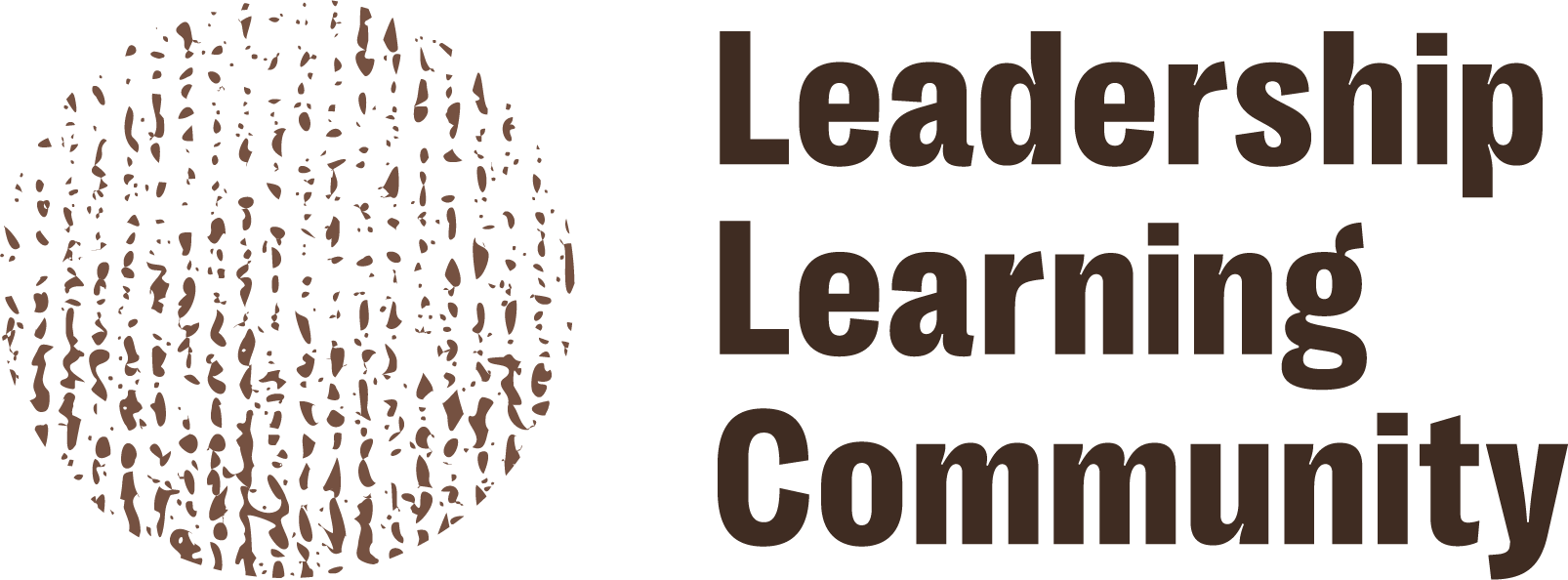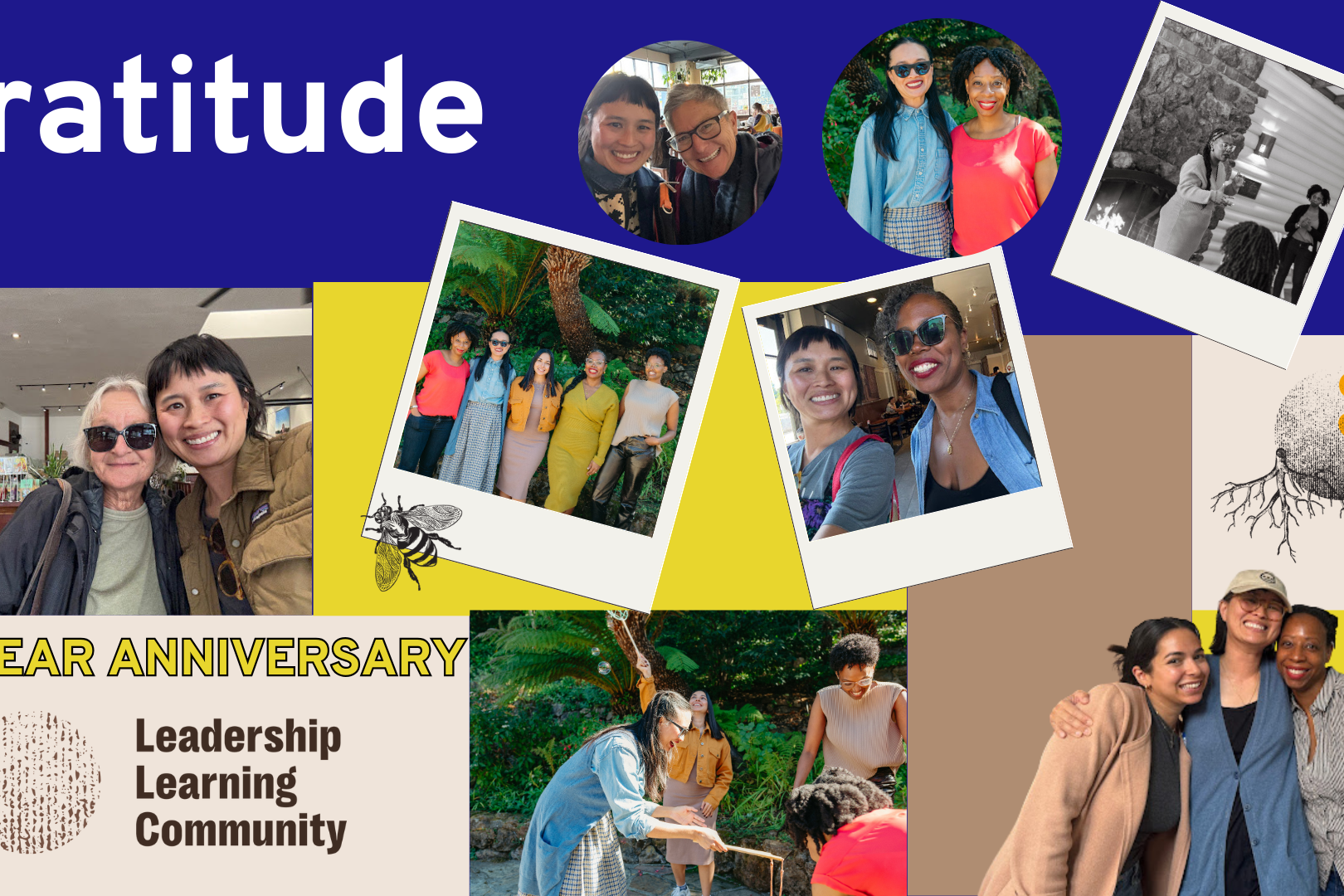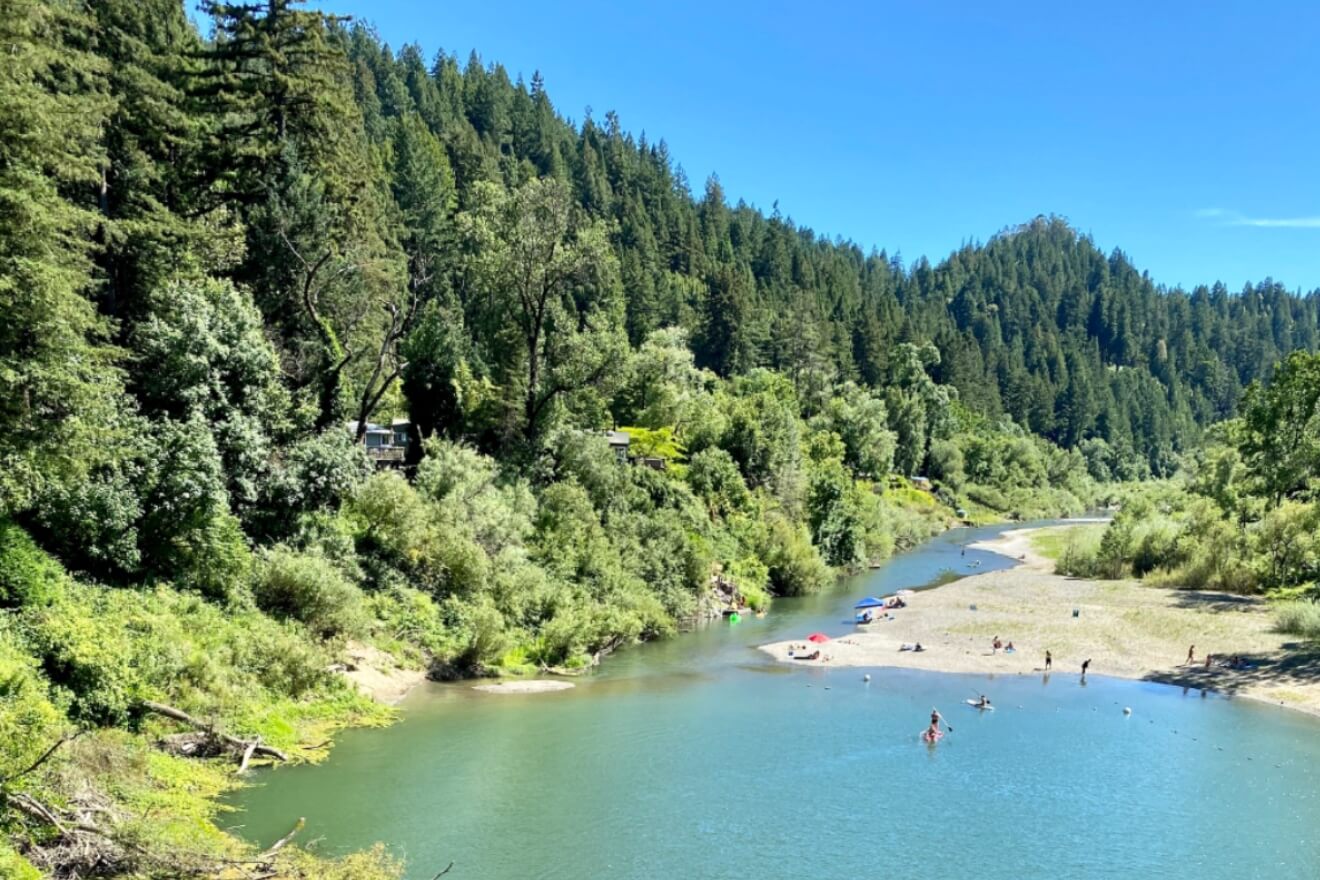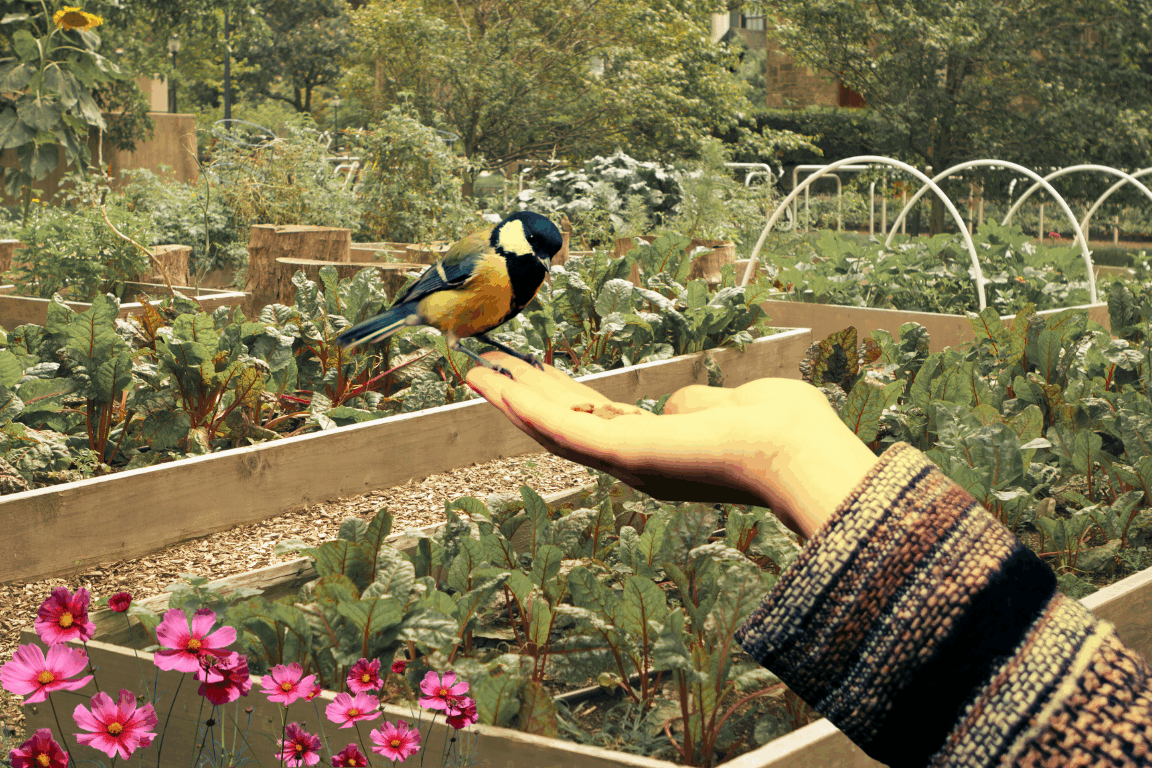On May 23, 2023, we hosted a virtual session called “Seriously, Play” with guests Belma Gonzalez and Vu Le. In this conversation, we unpacked some of the benefits, but also privilege, responsibility, and rules of play. Here’s what we learned from our conversation with guests and audience members about the questions about the benefits of and rules that go along with play, in addition to helpful examples and resources.
“The questions are the important things. Each time they get asked, there’s a different meaning, because you have grown so much from the last time you asked it. The answers are only temporary.” – Betty Reid Soskin.
We got curious about play, and had a lot of questions:
- What was your favorite childhood game?
- What are the benefits of play you’ve seen?
- What’s a ridiculous rule you’ve been told in your career?
- What’s your favorite rule to break?
- What piques your interest about play in the social good sector and in movement spaces?
- It feels too fun. Are there boundaries or rules to playing in these social good, powerbuilding, movement spaces, and particularly in these times?
- Is everyone allowed to play?
- What about computers and AI?
- When should we not play?
- Should play be mandatory or voluntary?
There are many benefits of play and reasons for play such as:
- Enhanced creativity – We talked a lot about the ability to imagine different possibilities
- Self-care – finding ways to experience joy
- A counter to capitalism
- A counter to professionalism
- Humanity – “Play is a way to get us back to humanity, is anti patriarchy, anti capitalism. Is rejuvenating from all that is weighing us down.” – Vu Le
- Healing through relationship building and joy
- Play as a form of resistance; Play is a form of protest, and protest is a form of play
- Play as a way of remedy in the relationship
- Play builds trust, trust is key to build cadence in conversation.
- Play also helps us break habits, you can be somebody else for a second. It can help you see yourself in a different way. – somewhat protective –
- Play feeding the imagination. We need an abundance of imagination to really rethink what the world can be.
- Who does it serve, if we are not allowed to dream and imagine?
- “Play is about existence, reimagining and survival. And we also need to be thoughtful about inclusion and consent” – Vu Le
Rules of play we uncovered include:
- There are many levels we can start to think of play in individual, organizational and “professional” work cultures. The rules may be different depending on the context.
- These rules are about more than just play. If we pay real close attention, they are rules for all engagements.
- Respect – We have to know each other, know each other’s boundaries. It starts with respect. Play with respect in mind.
- Consent – We believe there has to be consent. You need to know what is coming your way, especially when we have hard conversations, but also when we are having fun and when we are talking about play. One way is to share what’s ahead, and allow people to opt-in or opt-out.
- Customize – Play can be really fun and inclusive. It can also be exclusionary. Think of how play brings people in, and not keep people apart or at a distance. Ask for input, and design games and play together.
- Consider the privilege – Play, like all engagements, does require a certain form of privilege or space in the community. To start, you have agency over yourself. In many cases, it also matters how you are positioned in an organization or community. For example, Fail Fest in Oxford England – one white man after another failed, and it was viewed as courageous. This is not the same experience for BIPOC folx who may require resources and standing in the community in order to “fail.”
- Start small, have fun! That’s the number one rule. There are no grant deliverables here. Play is an invitation to leave deadlines, emails, and task lists behind so that creativity, fun, innovation, and even liberation can be in the forefront.
Examples and ideas of play out in these streets (Thank you for all those who shared!):
- Try playing with toys as opposed to tools. – Belma Gonzalez
- A moss facebook group that only talks about moss. – Vu Le
- 1491’s – an indigenous comedy group – Holly Delany Cole
- Check-in question: What was your most iconic haircut or hairstyle you’ve ever had in your life? – Charlene Reiss
- I led an activity where people were invited to use emojis to translate common work phrases like ‘circle back,’ ‘can you see my screen’ etc. – Monika Goodluck
- Show and tell as a Zoom check-in, gets folks up and moving in their spaces almost always sparks brilliant/joyful sharing. – Sydney Stead.
- Zoom scavenger hunt: The facilitator made a list of items like – a healthy plant, a book of letters, something purple, something a child made, and then we went into breakout room, so teams could find as many items in the list as they could. Whichever team had the most items won! – Jennifer Lopez.
- Go play hooky – Belma Gonzalez.
- Incorporate play into formal things – e.g. goodbye party roast – Vu Le.
Resources: Who is playing?
- A lot of people!
- Belma Gonzalez Coaching
- Vu Le Nonprofitaf
- Partners for Youth Engagement (PYE).
- Book: Rituals for Virtual Meetings: Creative Ways to Engage People and Strengthen Relationships. – Jennifer Lopez
- Climer Cards are an amazing resource. – Jan Kirsch
- Games Labs – Jo
- Liberating Structures – Petra
- Living The Good Life x The Slow Work Garden – Maria Dorthea Skov
- Icebreakers – Adrian Ruiz
- Read Ericka’s Blog: 6 Reasons Why Liberatory Leaders Need to Take Play Seriously
View the full recording of the webinar: Session 1 | Liberatory Leadership Playground
Related Posts
December 15, 2025
LLC’s 2025 Celebrations
July 21, 2025




